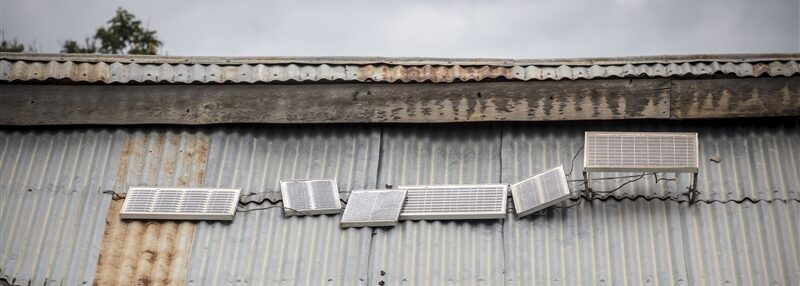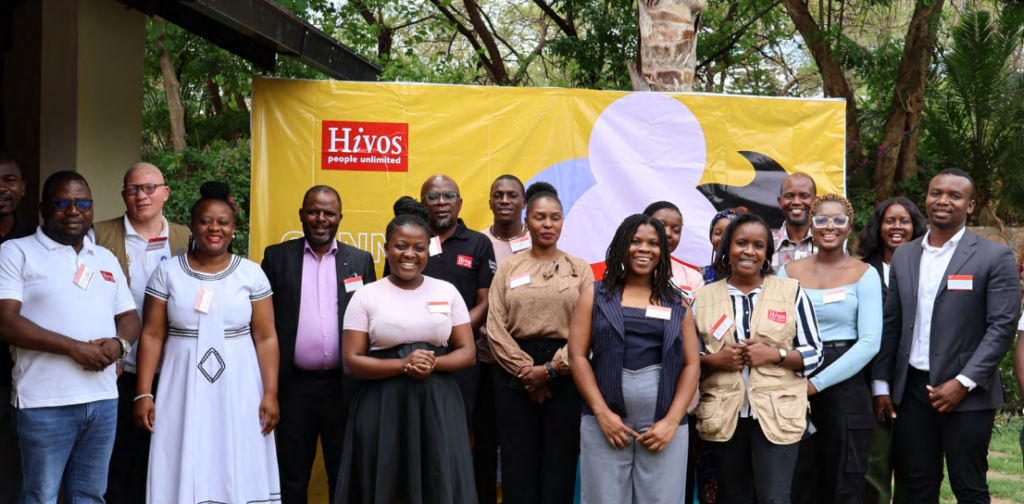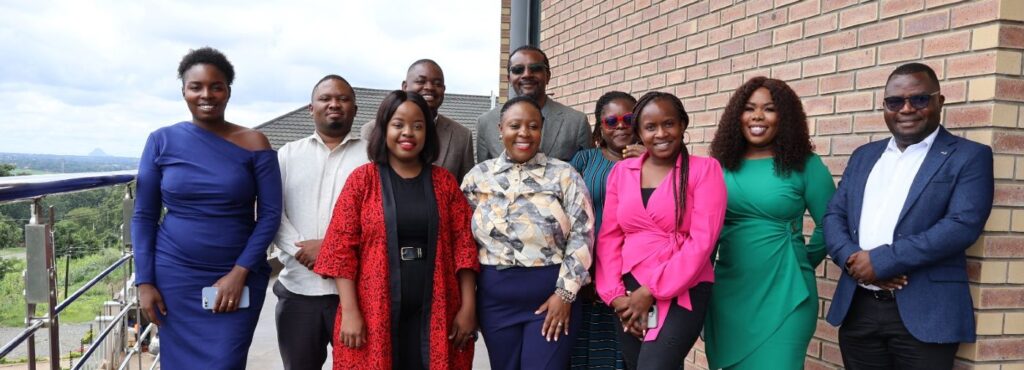Date: Thursday 22 October
Time: 3-4.15 (CET)
Background
Access to affordable, reliable and clean energy remains one of the greatest development challenges. In rural areas especially, many communities cannot afford basic modern energy services. This event on Thursday, 22 October 2020 will explore the role that subsidies as a form of public finance can play in achieving universal access to energy.
If universal access to energy is to become a reality in the next decade, additional efforts to increase public finance are required. Making progress on energy access and transitioning to renewable energy should also form a central part of countries’ recovery from the COVID-19 crisis.
Subsidies are necessary to achieve universal energy access. They are needed to bridge affordability gaps and the higher costs involved in ensuring that the poorest and most remote communities are not left behind.
In rural areas especially, many communities cannot afford even the most basic modern energy services. The coronavirus pandemic has highlighted the importance of addressing inequalities in access to energy, including electrification of health care facilities and clean cooking.
Policymakers and investors increasingly recognize that subsidy support from public finance will be required to reach more remote communities and achieve universal energy access. There have been numerous dialogues on the need for effective subsidies in recent years and a growing body of literature supporting this view.
Hosted in partnership with Tearfund, and IIED , this IIED Debates online event on Thursday, 22 October will explore the role of subsidies in achieving Sustainable Development Goal (SDG) 7 – universal energy access.
What are the opportunities and challenges for policymakers, the private sector and civil society? What can we learn from current and past subsidy schemes? And how can subsidies play a vital part of the COVID-19 response and recovery?
Panel
Stephen Nash is the founder of Kuungana Advisory, which he set up in 2015. He advises on policy and regulation in the sector, but also provides commercial and financial advisory services to a wide range of private sector clients and equity and debt investors.
Rita Poppe (moderator) is the global advocacy officer, Green & Inclusive Energy at Hivos. She works in the field of energy access and climate finance at global level, connecting on the ground energy realities with international policy and finance.
Daniel Kitwa is the finance lead at Africa Mini-grid Developers Association where he is responsible for building intelligence, partnerships and conversations between investors, donors and developers around tariffs, financing gaps and other de-risking needs.
Nipunika Perera is a researcher in IIED’s Shaping Sustainable Markets research group. Her research focuses on financing energy access, integrated and cross-sectoral energy planning and gender and social inclusion. She also comes from a background in international climate policy. She is a co-author of the ‘Moving more money: can aggregation catalyse off-grid financing?’.
Linda Wamune is the founder and managing director of Econome, a distribution enterprise focusing on clean energy & water in Kenya. Over the last 17 years, she has worked for clean energy distribution enterprises providing leadership and building effective teams that have delivered successful growth through innovative sales and marketing of products to communities.
Satish Gautam is the National Programme Manager of the Renewable Energy for Rural Livelihood, a joint project of Government of Nepal, Asian Development and United Nations Development Programme. He was trained as an engineer and later specialized in renewable energy and public policy.
If you were not able to join the event, you can watch the recording which is available on IIED’s YouTube channel




